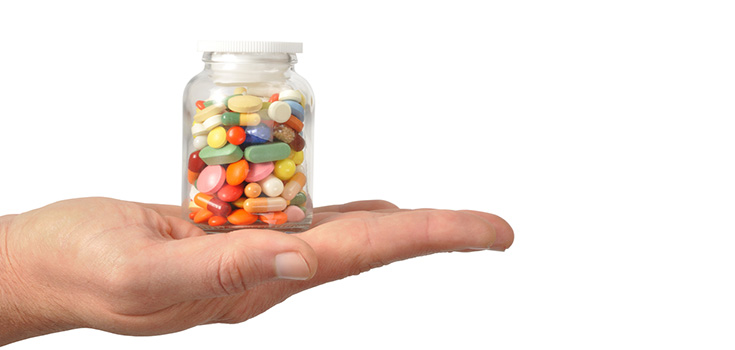Placebo Fraud Brings Scientific Validity of Clinical Trials into Question


Placebos, widely used in clinical trials that are necessary for drugs to be approved by the FDA, are coming into question. The pills are to be inert, often consisting of sugar or various types of oil that have no effect on the body. A new study has found that the majority of placebo-based trials never list the ingredients of the placebos, bringing many trials into question.
A new study published in the Annals of Internal Medicine took a closer look at placebo-controlled trials. The study examined 167 placebo-controlled trials published in peer-reviewed medical journals in 2008 through 2009. What the researchers found was shocking. They found that 92% of the trials never described the ingredients of their placebo pills.
What this means is that placebo pills may contain substances inappropriate for the specific trial. For example, a test involving diabetics may have included a placebo pill composed of pure sugar. This would adversely affect the diabetic, defeating the purpose of the placebo. This could escalate the diabetes drug being tested as more effective, despite the major error.
This is extremely important because the FDA is most interested as to whether or not the drug is more effective than a placebo. Even if it is only 5% more effective than a placebo, then it can be approved. If the pill contains an ingredient that adversely affects a patient, this is not very hard to do. This brings into question the scientific validity of clinical trials involving placebos.
Dr Beatric Golomb, the lead researcher of the group, was worried about the findings. He voiced his concerns as to the validity of today’s medical treatment: “We can only hope that this hasn’t seriously systematically affected medical treatment.”
